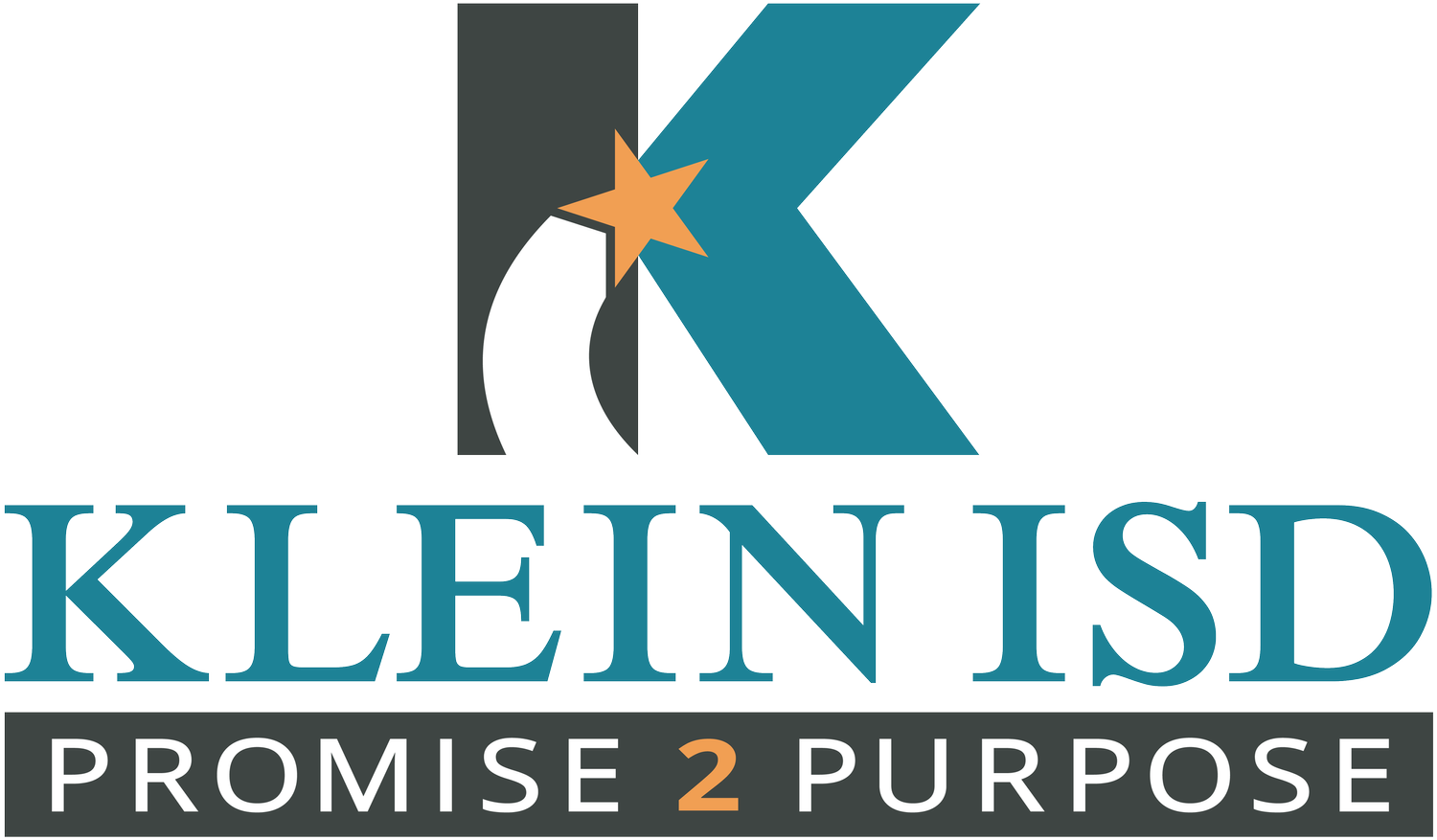Health Savings Account (HSA)
Health Savings Accounts (HSAs) are tax-advantaged savings accounts available to individuals who are enrolled in a high-deductible health plan (HDHP). Unlike a Flexible Spending Account (FSA), where funds may be advanced by the employer at the beginning of the plan year, HSA funds are typically not advanced. Instead, the account holder must have funds available in the HSA to cover their medical expenses and can withdraw them as needed. The account balance can roll over from year to year, allowing the account holder to accumulate savings in the HSA for future medical expenses.
NBS requires proof of identification before opening your Health Savings Account. Watch for updates in your mail and KISD email from National Benefit Services with instructions on how to submit your documentation.
Plan Highlights
Eligibility: To open and contribute to an HSA, you must be enrolled in a qualified high-deductible health plan (HDHP). The specific requirements for an HDHP may vary each year, but generally, it has a higher deductible and out-of-pocket maximum compared to traditional health insurance plans.
Contribution Limits: Each year, the IRS sets contribution limits for HSAs. These limits consider both individual and family coverage. For 2024, the annual contribution limit for an individual with self-only coverage is $4,150, and for family coverage, it is $8,300. Individuals who are 55 years or older can make an additional catch-up contribution of $1,000.
Tax Advantages: HSAs offer several tax benefits. Contributions to the account are tax-deductible, meaning you can reduce your taxable income by the amount you contribute. The funds in the HSA grow tax-free, and withdrawals are also tax-free if used for qualified medical expenses.
Qualified Medical Expenses: HSAs can be used to pay for a wide range of qualified medical expenses, including doctor visits, prescription medications, dental care, vision care, and certain medical devices. Using HSA funds for non-qualified expenses may result in penalties and taxes.
Carrier Information: NBS
Group Number: NBS193797
Phone: (800) 274-0503
Website: www.nbsbenefits.com Manage your account online: https://nbs.wealthcareportal.com/Authentication/Handshake
Plan Details
Videos
